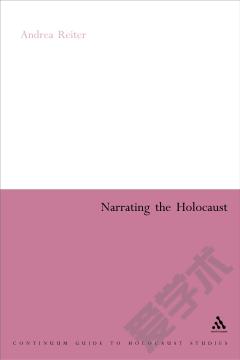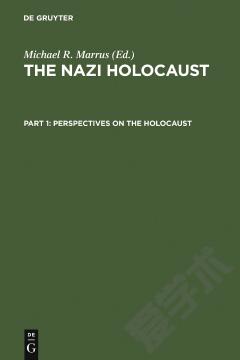Admitting the Holocaust —— Collected Essays
----- 承认大屠杀
In the face of the Holocaust, writes Lawrence L. Langer, our age clings to the stable relics of faded eras, as if ideas like natural innocence, innate dignity, the inviolable spirit, and the triumph of art over reality were immured in some kind of immortal shrine, immune to the ravages of history and time. But these ideas have been ravaged, and in Admitting the Holocaust Langer presents a series of essays that represent his effort, over nearly a decade, to wrestle with this rupture in human values--and to see the Holocaust as it really was. These penetrating and often gripping essays cover a wide range of issues, from the Holocaust's relation to time and memory and its portrayal in literature to its use and abuse by culture and its role in reshaping our sense of history's legacy. In many, Langer examines the ways in which accounts of the Holocaust--in history, literature, film, and theology--have extended, and sometimes limited, our insight into an event that is often said to defy understanding itself. Admitting the Holocaust is a powerful view of this catastrophe that is candid and disturbing, and yet hopeful in its belief that the testimony of witnesses--in diaries, journals, memoirs, and on videotape--and the unflinching imagination of literary artists can still offer us access to one of the darkest episodes in the twentieth century.
{{comment.content}}








 京公网安备 11010802027623号
京公网安备 11010802027623号